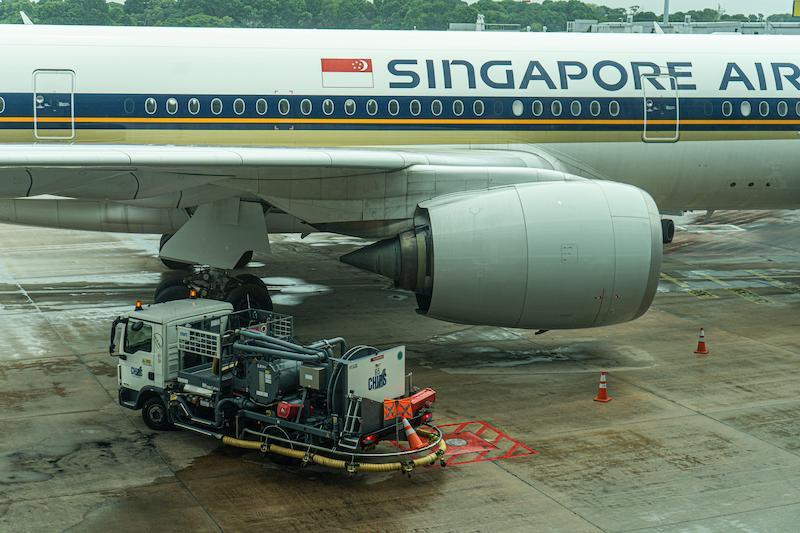Singapore Plans To Introduce SAF Usage Targets Funded By Ticket Levy

Credit: Amer Ghazzal/Alamy
SINGAPORE—The Singaporean government has outlined a plan to require sustainable aviation fuel (SAF) uplift by airlines, with a new passenger levy to fund the initiative and purchase SAF. An initial target has been set to achieve 1% SAF usage for flights departing Singapore in 2026, Transport...
Subscription Required
This content requires a subscription to one of the Aviation Week Intelligence Network (AWIN) bundles.
Schedule a demo today to find out how you can access this content and similar content related to your area of the global aviation industry.
Already an AWIN subscriber? Login
Did you know? Aviation Week has won top honors multiple times in the Jesse H. Neal National Business Journalism Awards, the business-to-business media equivalent of the Pulitzer Prizes.
